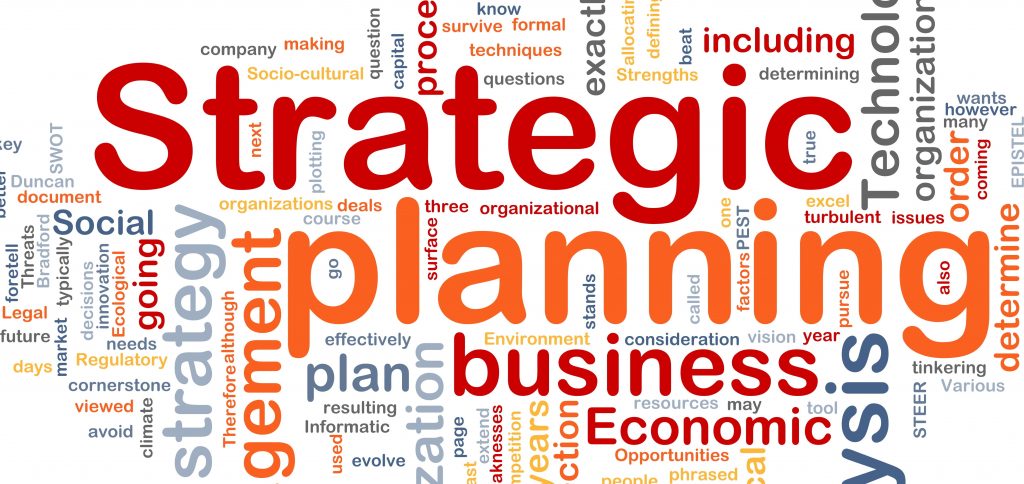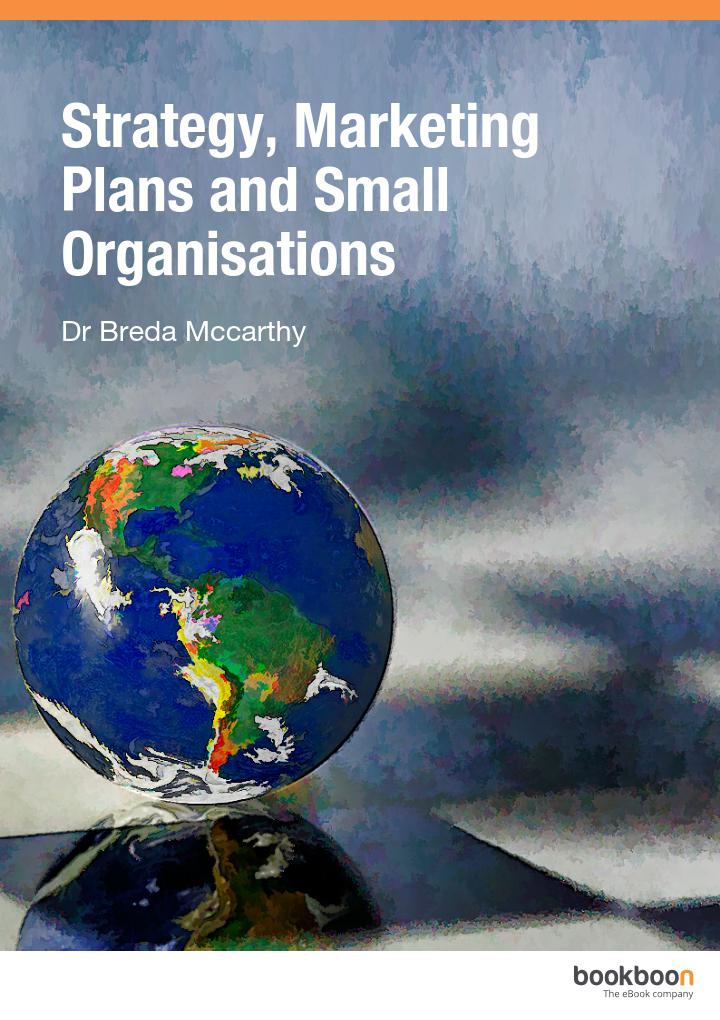How Much Planning Does a Successful Business Strategy Require?

A solid and well-grounded management and marketing strategy is vital for the success of any business, irrespective of its size. While numerous perspectives and definitions of the term strategy exist, there is a general consensus regarding strategy as “the direction and scope of an organisation over the long term” or as “the quest for competitive advantage” in a challenging global marketplace.
Strategy as a result of planning
There are different schools of thought with sometimes contradictory perspectives on what a strategy should encompass. Prominent among these is the planning school of thought that characteristically perceives strategy as a formal plan, which necessitates a detailed analysis of the company, its product market and its environment.
The planning model of strategy is based on a rational model of decision-making. The assumption is that managers act in the interests of the organisation: gathering and processing important information, seeking to exploit opportunities and minimise risks and threats.
Opponents of this school of thought have questioned whether strategic planning is even possible or beneficial to a company’s marketing objectives in the face of the rapidly changing environment of the marketplace. Do managers even have the time or ability to process such large amounts of information? Is a formal plan not too rigid and inflexible to adequately handle and adapt to the ever-changing market conditions?
Moreover, decision makers are often subject to cognitive biases, leading to irrational actions and poor decisions. Strategic planning involves dealing with the future, yet some events are unforeseeable – no plan will be sufficient to prepare for all future eventualities.
Analysis vs. creativity
A major shortcoming of the planning approach is its emphasis on the analytical aspects of strategy making, neglecting all creative aspects. However, strategic thinking involves both analytical and creative elements. Creativity and intuition are crucial to strategic thinking; for example, when the central purpose of the organisation is to innovate, predetermined plans will not be effective. Rather, strategy has to emerge over time and respond to changes that affect the marketplace of an organisation’s products.
Strategy as a process
The process school of thought believes that the formation process of a strategy is not simply an exercise in rationality but involves experimentation, exploration, instinct and learning. While dealing with problems and unforeseen events, a great deal of learning takes place for leaders and managers. According to Porter (1996), “the essence of strategy is choosing to perform activities differently than rivals do”, with creativity and insight. A formal plan, however, might go so far as to inhibit strategic thinking and intuition.
Of course, there are some pitfalls with the idea of strategy as a process, too: Due to the tacit nature of intuition, which is based on the decision-makers’ feelings and emotions, their decisions are not easily justified, especially when they seem to go against reason.
In a nutshell: While the planning approach overestimates the rational aspects of strategic planning, the process approach undervalues them. Hence, an ideal strategy would strike a balance between the views held by the planning and process schools of thought by combining both learning and planning. In this way, the long-term survival of an organisation would certainly be more attainable.

